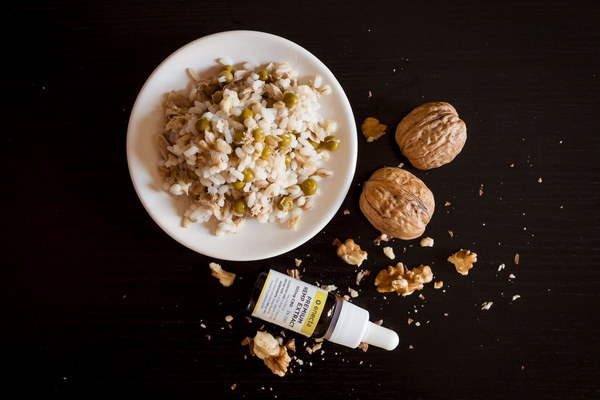How to Conduct a Comprehensive Aromatherapy Oil Review A Step-by-Step Guide
Introduction:
Aromatherapy oils have gained immense popularity for their numerous health benefits and relaxing scents. Whether you are a professional aromatherapist or a beginner looking to explore the world of essential oils, conducting a thorough aromatherapy oil review is crucial. This guide will walk you through the essential steps to create a comprehensive and insightful aromatherapy oil review.
1. Define the Purpose of the Review:
Before diving into the details, it is important to establish the purpose of your aromatherapy oil review. Are you aiming to evaluate the effectiveness of a particular oil for a specific condition, or are you looking for a general overview of its properties? Defining the purpose will help you focus on the relevant aspects during the review process.
2. Research the Oil:
Start by gathering information about the oil you wish to review. Research its botanical name, origin, and common uses. Look for scientific studies or articles that discuss the oil's properties, benefits, and potential risks. This will provide a solid foundation for your review.
3. Purchase the Oil:
To conduct a genuine review, it is crucial to have firsthand experience with the oil. Purchase a small quantity of the oil from a reputable source. Ensure that the oil is pure and free from additives or synthetic fragrances.

4. Assess the Appearance and Quality:
Observe the oil's physical characteristics, such as its color, consistency, and viscosity. A pure essential oil should have a rich, vibrant color and a characteristic scent. Note any unusual odors or signs of contamination, such as sediment or separation.
5. Smell the Oil:
Take a deep breath and inhale the oil's aroma. Pay attention to its intensity, top notes, middle notes, and base notes. Describe the scent in detail, noting any specific floral, herbal, or spicy notes. Compare the oil's scent to other similar oils you have encountered.
6. Test the Oil's Efficacy:
To evaluate the oil's effectiveness, choose a specific condition or purpose for which the oil is commonly used. Apply the oil topically or diffuse it in a controlled environment. Observe any changes or improvements in the condition over a specified period.
7. Consider Safety and Caution:
Discuss the safety precautions associated with the oil, such as skin sensitivity, contraindications, and potential interactions with medications. Highlight any necessary dilution guidelines or precautions for use during pregnancy or for children.
8. Analyze the Oil's Price and Availability:
Evaluate the price of the oil and compare it to similar products on the market. Consider the availability and ease of purchasing the oil. Discuss any factors that may affect the price, such as organic certification or sustainable sourcing practices.
9. Compare with Similar Oils:
If possible, compare the oil you are reviewing with other similar oils. Discuss the differences in scent, properties, and benefits. This will provide a comprehensive view of the oil's unique qualities and its position within the market.
10. Write Your Review:
Compile all the information you have gathered into a well-structured review. Start with an introduction, followed by a detailed description of the oil's properties, your personal experience, and the results of your tests. Conclude with a summary of the oil's strengths, weaknesses, and overall recommendation.
Conclusion:
Conducting a comprehensive aromatherapy oil review requires thorough research, personal experience, and attention to detail. By following this step-by-step guide, you can provide valuable insights to both beginners and experienced aromatherapists. Remember to be objective and honest in your review, as it will contribute to the credibility and trustworthiness of your work.




![Conda Hospital Health & Recovery Center A Healing Haven at [Address]](http://img.bluepurple.cn/a/养生/477/Conda-Hospital-Health-Recovery-Center-A-Healing-Haven-at-Address.jpg)




